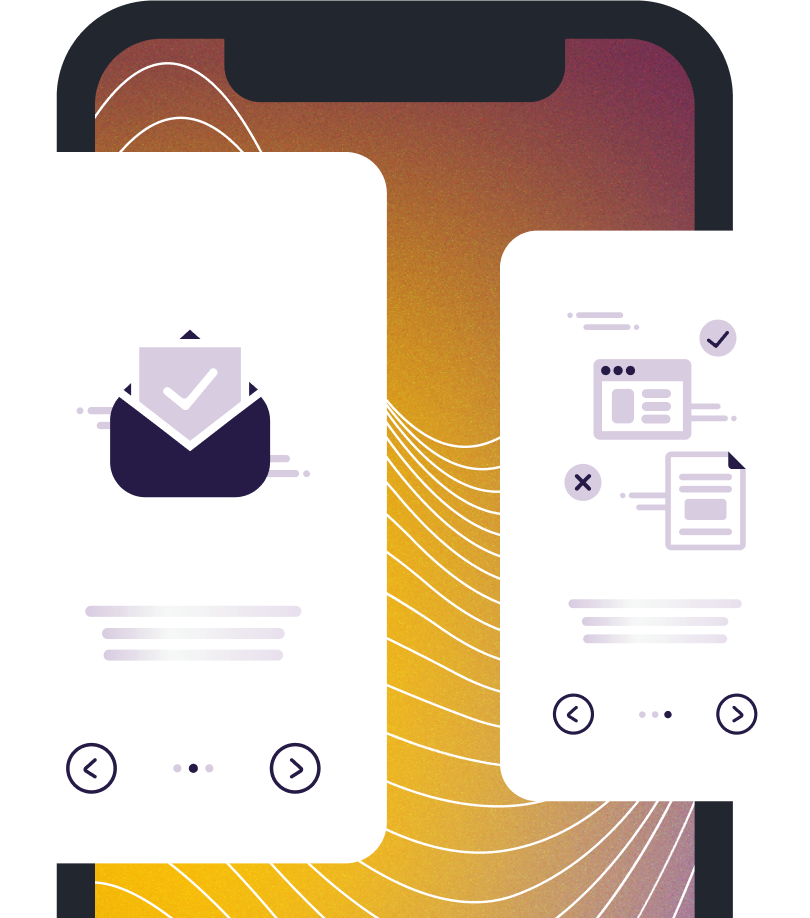Both are essential to any business, but now not interchangeable. Familiarize yourself with the distinction among a client vs customer to improve your technique on your services, building relationships, and developing your commercial enterprise. All is defined here in simple terms, so that you can pick out the right term and technique to your enterprise niche.
Definition of Clients and Customers
Both clients and customers are those who pay for services or products, but their roles in business relationships are one of a kind. A customer is a person who buys items or services, regularly while not having ongoing support or a personal relationship. Their interaction with the business is commonly brief and simple.
In contrast, a client is someone who receives expert advice or customized services over time. The business often understands their needs and offers continued support. Clients are visible more in fields like law, consulting, layout, and healthcare, where trust and long-term plans are key.

Client vs Customer Difference
Here’s a simple way to understand the client vs customer difference:
| Factor | Customer | Client |
|---|---|---|
| Nature of interaction | Usually short-term | Often long-term |
| Focus | Transaction or purchase | Personalized service |
| Examples | Retail store buyers, food delivery users | Legal service users, design agency partners |
| Level of service | Basic or standard | Customized and ongoing |
| Relationship | Less personal | More personal and involved |
Understanding this difference helps you develop more effective strategies. If your business involves long-term trust and bespoke services, you’re probably working with clients. If it’s a case of one-off sales or short-term transactions, you’re working with customers.
Client Service vs Customer Service
Both client service and customer service are all about keeping individuals happy but are not the same thing. Here’s a contrast:
Customer Service
Customer service is dealing with people in a rush. It includes things like:
- Answering questions about a product
- Solving delivery or payment issues
- Handling complaints
Most customer service is at the point of purchase or shortly after. It’s usually short and doesn’t get too deep.
Client Service
Client service goes deeper. It’s all about:
- Understanding the client’s specific needs
- Offering expert solutions or advice
- Building long-term trust
- Ongoing communication and feedback
In industries like law, consulting, finance, or design, client service is more than support—a part of the product.
Summary:
- Customer service is typically short-term and reactive.
- Client service is long-term, strategic, and proactive.
When Should You Use “Client” or “Customer”?
It matters which term you choose. It shows how your company views relationships. Here’s a reference guide:
Use Customer when:
- You are selling products (e.g., clothing, electronics, food).
- The transaction is rapid and impersonal.
- You do not have repeated contact with customers.
Use Client when:
- You are offering professional or specialist services.
- You customize your service to each individual or company.
- You aim for long-term relationships and repeat business.
For example:
- A bakery has customers.
- A marketing agency has clients.
Getting the correct word also determines how your staff talks and deals with people.
Customer vs Client Definition
Let us start by defining the two terms:
Customer: A customer is someone who buys a product or service, usually in a one-time or temporary transaction. They may not have any future connection with the company. For example, a person who buys a coffee at a coffee shop or a shirt online is a customer.
Client: A client is someone who gets specialized or tailored services from a company or expert. The association could be long-term. For example, people hiring the services of an attorney, accountant, or ad agency are clients.
Major difference: A customer is purchase- or product-focused, while a client is service- and relationship-focused.

How This Affects Business Strategy
Knowing whether you have customers or clients changes how you:
Train your employees: Client service employees may need more relationship skills.
Price: Clients pay for time, knowledge, or long-term value. Customers pay for products.
Market your business: Customer marketing is all about deals, benefits, and speed. Client marketing is all about results, trust, and long-term value.
Measure satisfaction: With customers, surveys can focus on speed or convenience. With clients, you are continuously satisfied and results anticipated.
Knowing the client vs customer difference can even make your brand voice and messaging better.
Real-World Examples
Let’s take some examples:
Freelance Web Designer
You work one-to-one with small companies to design their sites. You are familiar with their goals, follow up regularly, and give after-care support. (You have clients)
Supermarket
Customers come, buy groceries, and leave. The majority are individuals whom you don’t know your name. (You have customers)
Fitness Trainer
You perform exercise routines, diet advice, and weekly check-ins. You familiarize yourself with your client’s body and goals.
(You have clients)
E-commerce Electronics Store
Visitors browse your website, buy a product, and might or might not be regulars.
(You have customers)
Does the Term Really Matter?
- Yes, it does. It prescribes your company’s sales, service, and marketing strategy.
- If you work with clients, build systems on trust, personalization, and communication.
- If you work with customers, focus on frictionless transactions, speedy service, and quality products.
Some companies may have both, however. For example, a software development company may sell subscriptions (customers), but also offer consulting services (clients).
Final Thoughts
Words are cash in business. Knowing the distinction among a client and a customer can assist you to offer higher services, outline your brand, and build relationships.
In short:
- A customer buys something, typically with little follow-up.
- A client is given a service, typically with ongoing cultivation.
- Client service vs. customer service: One is long-term and personal, the other short-term and transactional.
- Your communication and strategy should reflect the kind of individuals you work with.
So, what do you ask yourself? Are you a product business or a partnership business? Regardless of whether you have customers or clients, providing value and establishing trust will ultimately prevail.


